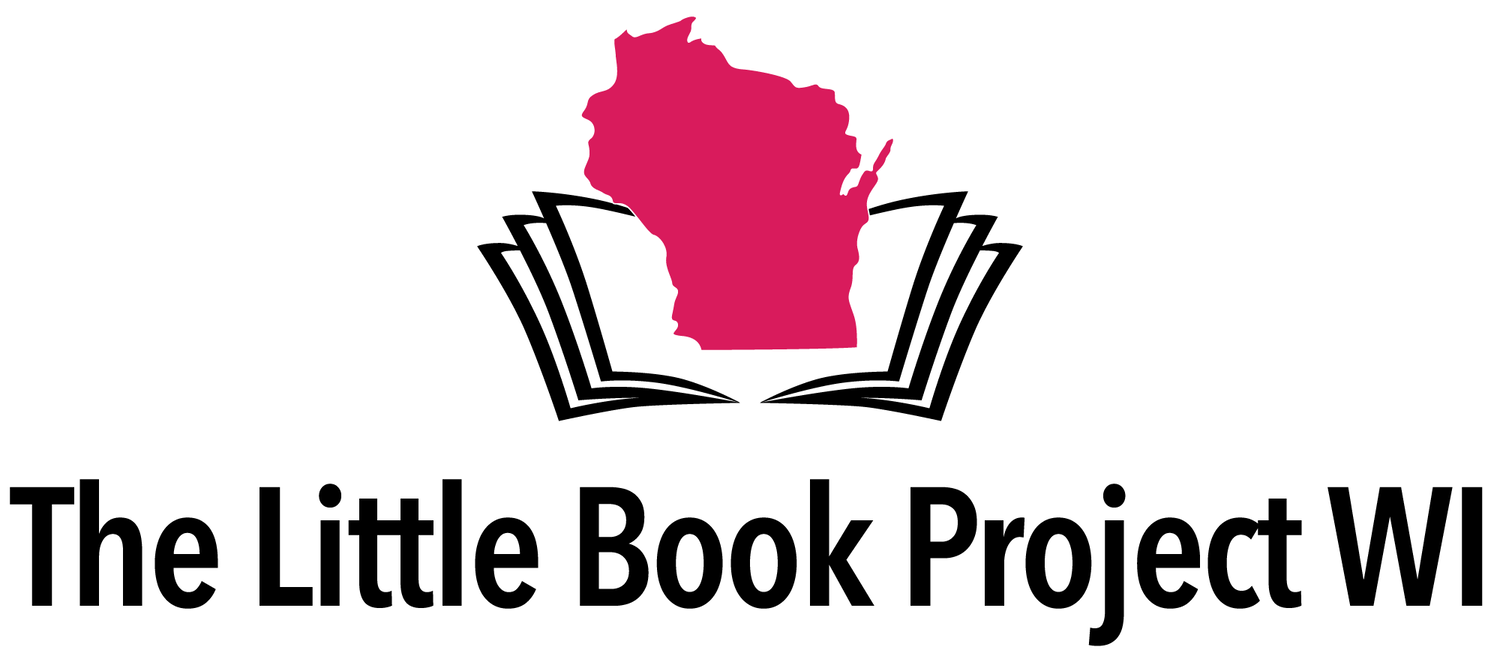Artist Profile: B.J. Hollars
B.J. Hollars is the author of several books, most recently Go West Young Man: A Father and Son Rediscover America, Midwestern Strange: Hunting Monsters, Martians and the Weird in Flyover Country, and The Road South: Personal Stories of the Freedom Riders. His work has been featured in The Washington Post, Parents Magazine, NPR, and elsewhere. He is the recipient of the Truman Capote Prize for Literary Nonfiction, the Anne B. and James B. McMillan Prize, the Council of Wisconsin Writers’ Blei-Derleth Award, and the Society of Midland Authors Award. Additionally, he is the founder and director of the Chippewa Valley Writers Guild, The Priory Writers’ Retreat, the Midwest Artist Academy, as well as an associate professor of English at the University of Wisconsin-Eau Claire.
1) What are challenges you've encountered to being able to generate a viable income as an author? Well, the truth is I can't claim to have created a viable income solely as an author. I'm fortunate that I'm a professor as well, which is primarily how I keep the lights on. But my writing is certainly one of my greatest passions, and it drives me to be a better professor for my students. And so, I suppose my challenge is a different one. It's not so much about using my writing to pay the bills as much as it's about trying to balance the responsibilities of writing alongside my teaching responsibilities. Don't get me wrong, it's a wonderful balance, and though I'm not perfect at it, I wouldn't want it any other way. The teaching inspires the writing and the writing inspires the teaching. Even if I lose the balance every once in awhile, I still feel incredibly lucky to spend my entire professional life bouncing back and forth between these linked joys
2) Share 2-3 tips for artists on how to network and/or build connections which will help them promote themselves and their work? While I'm certain that a good chunk of networking occurs online (in the Covid era, this is probably truer than ever), but I'm also a strong believer in fostering connections beyond online interactions. The most vital connections I’ve made have been the result of looking for mutually beneficial opportunities to lift one another up. For the past four years, I’ve served as the executive director for the Chippewa Valley Writers Guild—a regional writing organization committed to supporting fellow writers. While I never intended this organization to assist my own personal networking, it certainly has had that effect. The more I dedicate to this group, the more that karma seems to boomerang back my way. I guess that's my favorite kind of networking: the kind that grows organically and unexpectedly.
3) How do you personally continue to expand your “writing” toolbox? The truth is, I come at every writing project a little humbler than the previous one. I am constantly learning and growing and failing and growing a little more as a result of the previous failure. Lately, I’ve been taking long walks while listening to an incredible number of podcasts, audiobooks, and another engaging content. Sometimes I'll walk for three or four miles without even noticing how far I've gone; that's how engaged I am with my listening. I recently got a subscription to Master Class, too, which provides me access to a number of experts who talk about their craft. Currently, I’m listening to Ken Burns discuss documentary making. Do I plan on making a documentary? I do not. But can I learn an awful lot about nonfiction writing by listening to Ken Burns talk about making documentaries? Indeed. During the school year, my inspiration always comes by way of my students. They continually push me toward new and unexpected artistic places by way of their own engaging work. I guess the simplest answer to this question is that I’m just always on the lookout for ways to grow as a writer and human. When the whole world is your subject, there’s no shortage of things to learn. For me, it’s all about creating a lifestyle that lends itself to perpetual self-improvement and growth. Was it Socrates who said, “I am the wisest man alive, for I know one thing, and that is that I know nothing”? I don’t claim to be terribly wise, though I am wise enough to have some sense of how far I still have to go.
4) Give an example of an "artistic collaboration" you're currently involved. These days, most everything I do is an artistic collaboration. There's simply too much to create and not enough time. Not only do collaborations allow for more creation, but they provide additional opportunities to amplify other people's work. There’s no greater feeling then making art, except perhaps for making art alongside a friend. Most recently, I've collaborated with nearly 100 writers from across Wisconsin on a forthcoming anthology titled “Hope Is The Thing: Wisconsinites On Hope and Resilience in the Time of COVID-19.” Was it hard? You bet it! But was it profoundly rewarding? Absolutely. Together, we created a lasting snapshot of this strange moment in history. Not only that, but collectively, we’ve written a book’s worth of hope in a time when hope often seems in short supply. I hope it has a significant impact beyond our local community. Ideally, readers from around the state and wider world will dip into the book, read deeply, and leave empowered and emboldened. For me, that’s the goal of most every piece of writing: to empower the people listening on the other end.

